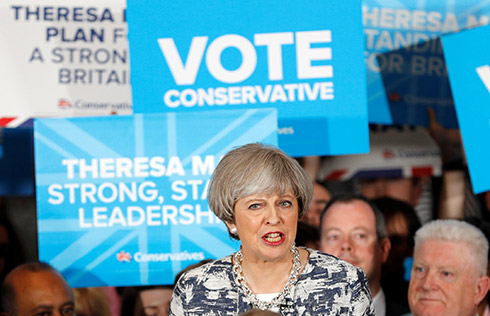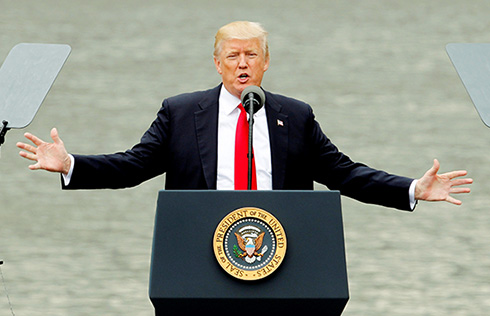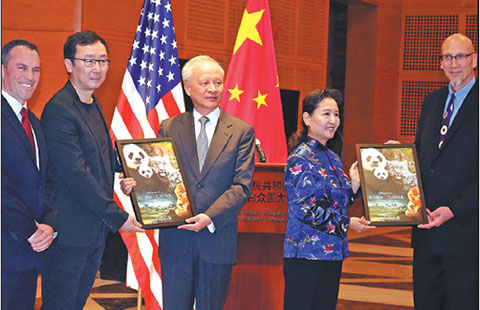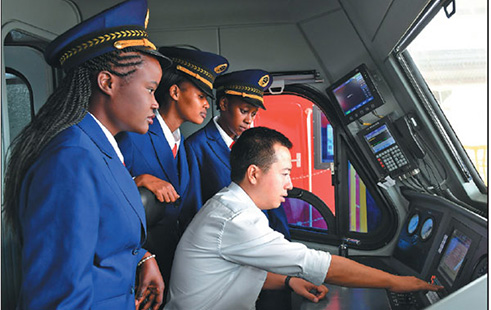EU should fulfill role of true strategic partner
Three days before Premier Li Keqiang and his European counterparts issued their communiqu?? after his one-day visit to the European Union headquarters on Monday, a source on the European side let me see a draft of the planned release.
I am cautious about reporting on such documents, because although negotiations take place before the big wigs arrive, there might be last minute discussions that result in changes to the script. However, this is the first time in my journalistic career, I saw for myself the give and take that goes on in reaching an agreement at such meetings.
My source expressed disappointment that Brussels had decided to say "no" to so many of Beijing's proposals, as the document showed. He also said the document had largely been watered down.
He also voiced concern about the slower-than-expected pace of the synergy between China's "Belt and Road Initiative" and the EU's mega-investment plan. Perhaps he was a bit too enthusiastic about seeing a faster pace of synergy, because a lot of work needs to be done on both ends to reach such a stage.
The document given by my source also said China had asked the EU to lift the arms sale embargo on Beijing, imposed in 1989, and Brussels had initially agreed to do so. But in the final analysis, the EU refused to do so. This indeed was startling.
Lifting the arms embargo has been in the news during the 16 previous China-EU summits but Brussels has always found an excuse not to do so, because, it says, the 28 EU members have never agreed to it. This is ridiculous, because it shows Brussels does not have any real power to make a decision which is binding on all EU members.
The reality is that China, by and large, doesn't need to import arms from EU member states. But it is shocking to know that the same EU that imposed arms sanctions on the Chinese mainland has been exporting weapons to Taiwan. This has been happening even though the mainland has not imposed any embargo on the EU. If China and the EU are really strategic partners, they should delete the "term" embargo from their relationship.
Brussels calls Beijing one of its most important strategic partners. In Chinese culture, a strategic partner means the most trusted friend. In some ways, this applies to the ties between Brussels and Washington too, even though the United States has put many EU member states under surveillance.
The US may be a strategic partner of the EU, but that doesn't mean Brussels has to treat Beijing differently. Chinese enterprises and tourists are exploring the whole of the EU, and the same can be said about citizens of EU member states vis-a-vis China. And when it comes to friends, which includes strategic partners, one should not treat a partner in a way that it loses face.
The author is China Daily chief correspondent in Brussels. fujing@chinadaily.com.cn







